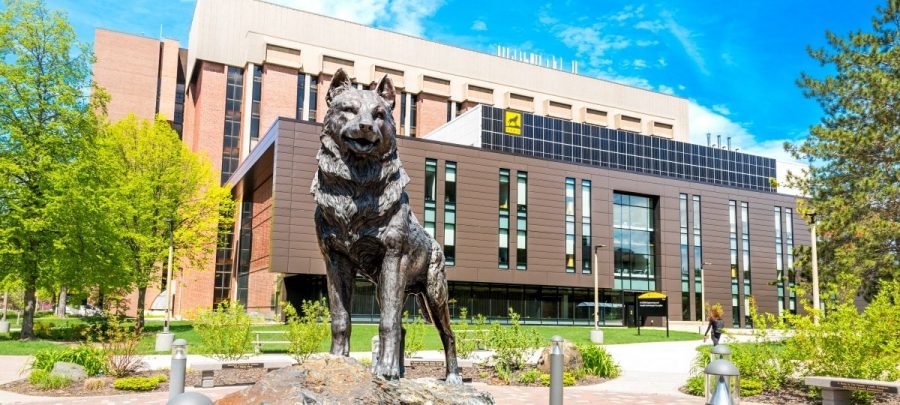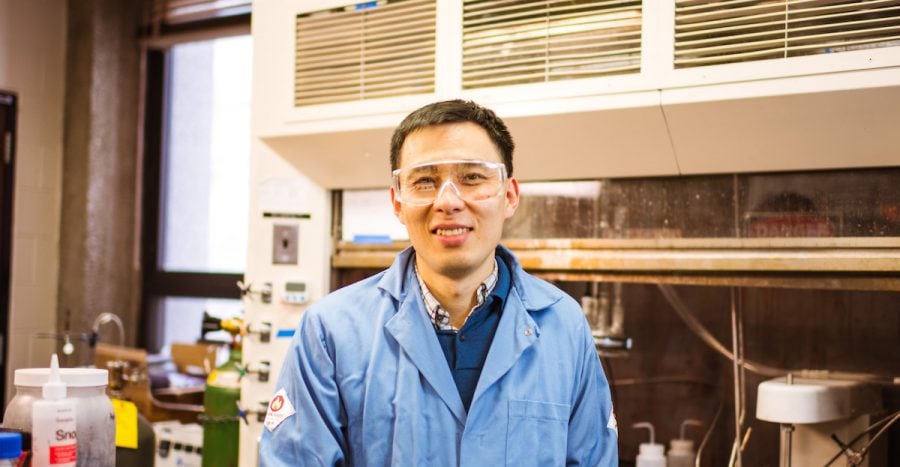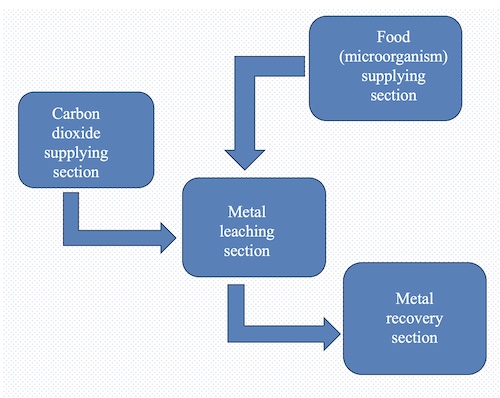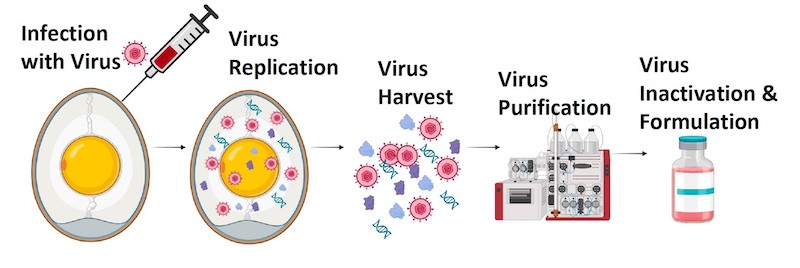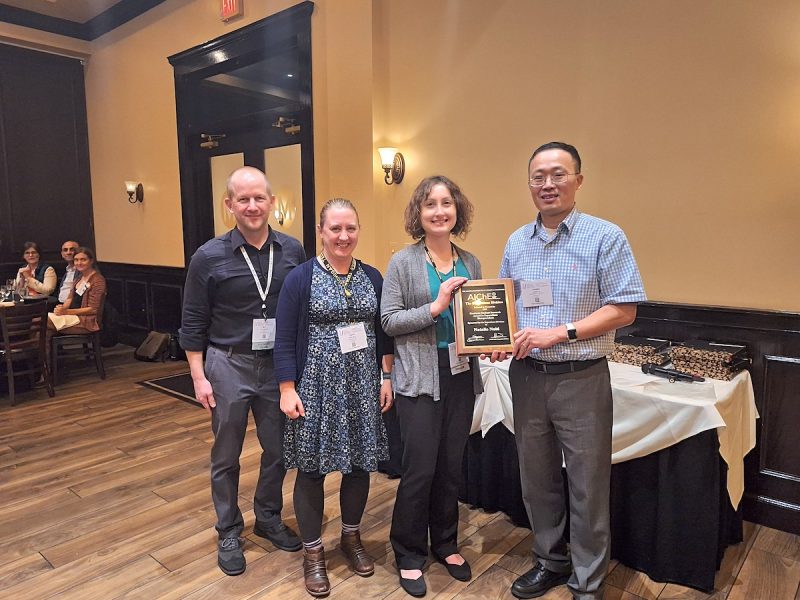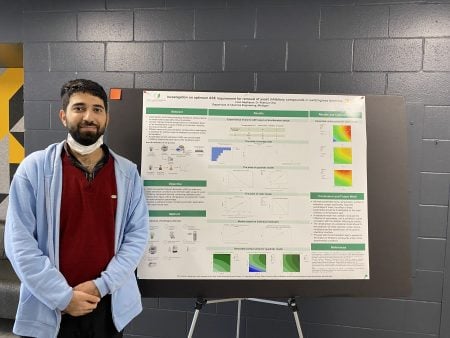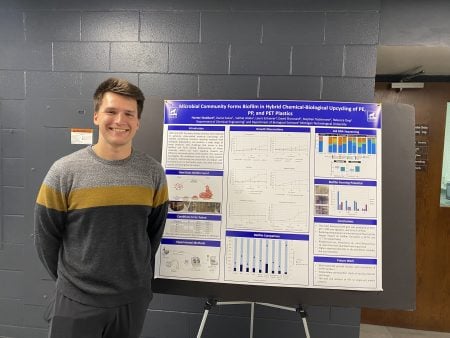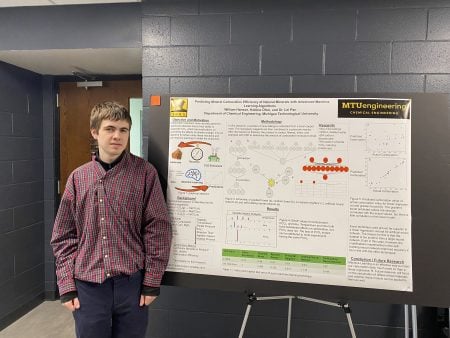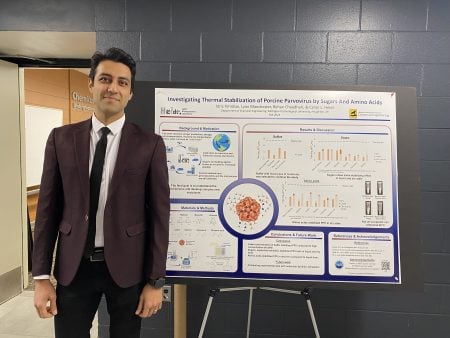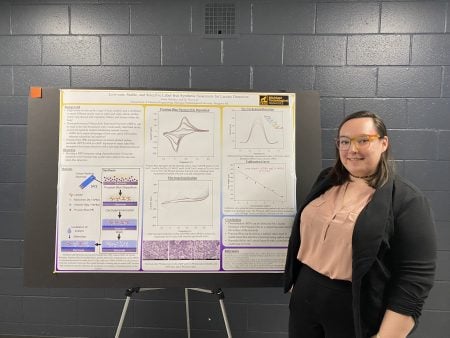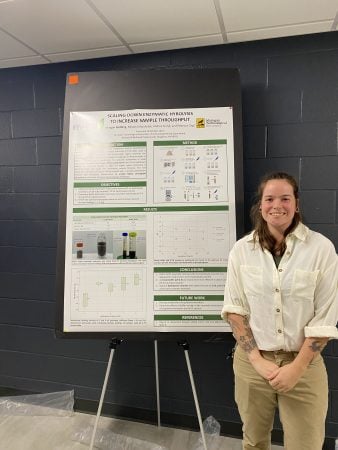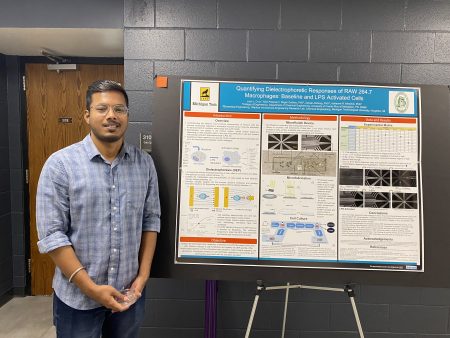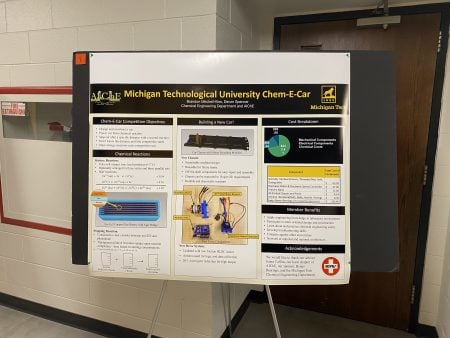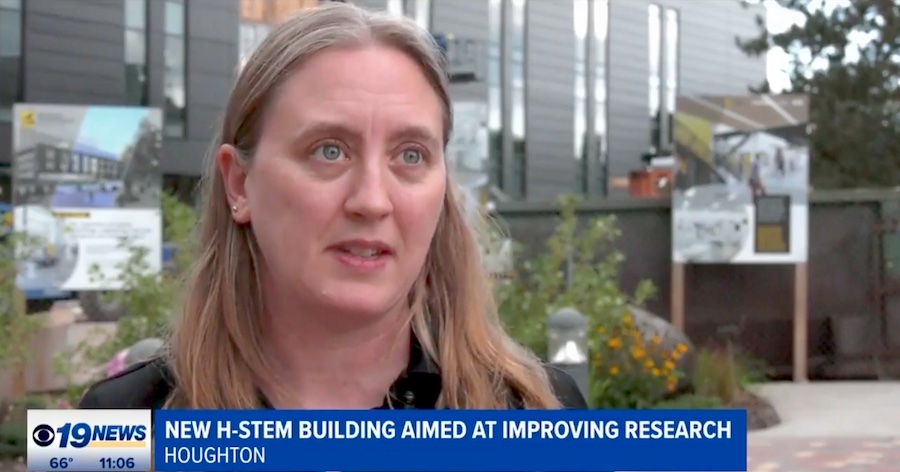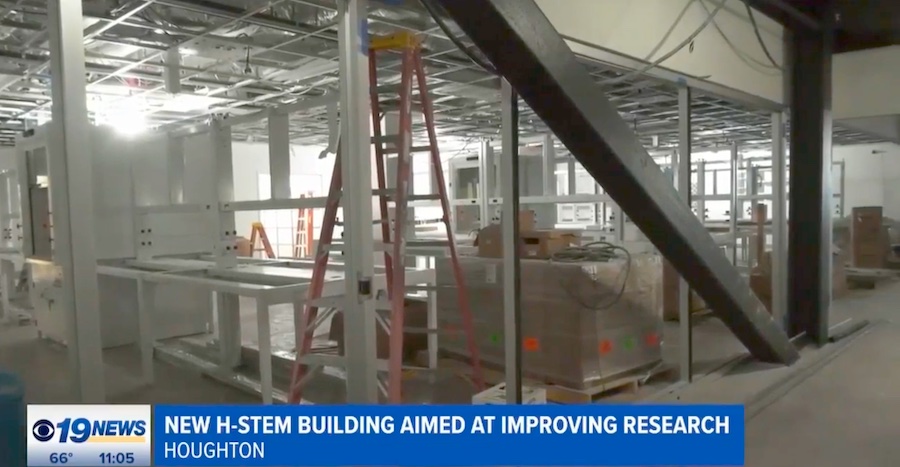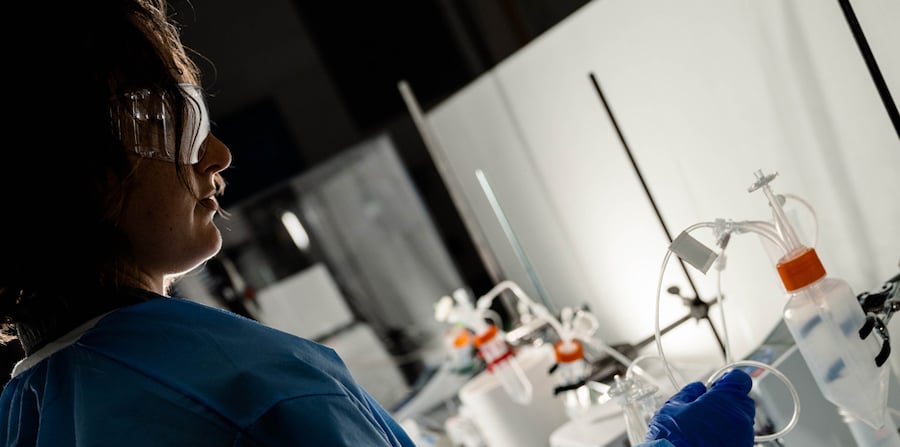Former chair of the Michigan Tech Board of Trustees, Julie Fream ’83, will be honored by the Automotive Hall of Fame this fall. Fream will receive the Distinguished Service Award during the Sept. 19 ceremony at Michigan Central Station.
The Distinguished Service Award recognizes individuals who have had a significant positive impact on the industry or their respective organizations.
Fream, a 1983 Michigan Tech graduate with a Bachelor of Science in Chemical Engineering, is the retired President and CEO of MEMA Original Equipment Suppliers. Over her 40-year career, she worked at various OEMs and suppliers. For the most recent 10 years, Fream led MEMA-OE, championing industry challenges and opportunities on behalf of all automotive suppliers.
In addition to her service to the Michigan Tech Board of Trustees (2011–18), Fream served on the Michigan Tech Fund Board of Directors (2001–09) and the Michigan Tech Alumni Board of Directors (1988–2000). She was presented with Michigan Tech’s Outstanding Young Alumni Award in 1994 and its Distinguished Alumni Award in 2021 and inducted into the Chemical Engineering Distinguished Academy in 2003.
